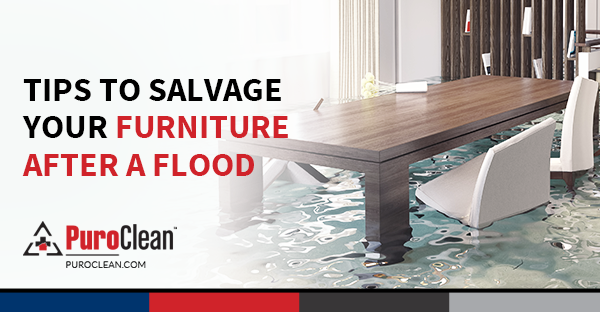Water damage can have far-reaching and detrimental consequences for your home. From structural issues to health risks, understanding the dangers associated with water damage is crucial. In this comprehensive guide, we’ll delve into the many facets of water damage and how it can affect your home.
STRUCTURAL DAMAGE
One of the most immediate and apparent dangers of water damage is structural deterioration. Whether it’s a leaky roof, a burst pipe, or flooding, the continuous presence of water can weaken the foundation, walls, and floors of your home. Over time, this can lead to severe structural damage, including:
1. Rotting Wood: Wooden structures, like beams and floorboards, are particularly susceptible to water damage. Prolonged exposure to moisture can cause wood to rot, compromising the structural integrity of your home.
2. Foundation Cracks: When water infiltrates the foundation, it can lead to cracks and instability. This jeopardizes the entire structure of your home, making it unsafe to inhabit.
3. Mold and Mildew Growth: Water damage, especially after a flood, creates a fertile breeding ground for mold and mildew. These fungal infestations not only compromise your home’s structure but also pose serious health risks to occupants.
HEALTH RISKS
Beyond structural concerns, water damage can significantly impact the health of those living in the affected space. The growth of mold and mildew, in particular, can lead to a variety of health problems, including:
1. Respiratory Issues: Mold spores released into the air can be inhaled, causing respiratory problems, especially in individuals with allergies or asthma.
2. Allergic Reactions: Mold and mildew can trigger allergic reactions, such as sneezing, coughing, itchy eyes, and skin irritation.
3. Fungal Infections: In some cases, exposure to mold can lead to fungal infections, which may require medical treatment.
4. Toxins: Certain molds produce mycotoxins, harmful chemicals that can lead to more severe health issues when inhaled or ingested.
5. Irritation: Even if you aren’t allergic to mold, its presence can cause general irritation, discomfort, and headaches.
ELECTRICAL HAZARDS
Water and electricity are a dangerous combination. Water damage can cause electrical risks such as:
1. Short Circuits: Water can infiltrate electrical outlets and wires, causing short circuits or even electrical fires.
2. Appliance Damage: Electronic appliances in the affected area may be damaged or become fire hazards.
3. Shock Risk: If water damage occurs near electrical outlets or wiring, there is an increased risk of electric shock when attempting to use or repair these systems.
CHEMICAL CONTAMINATION
In some cases, water damage can introduce harmful chemicals into your home, especially if the water comes from sources like sewage or industrial runoff. Such contamination can have severe consequences for both your home and your health:
1. Sewage Backups: Water damage caused by sewage backups can introduce harmful bacteria and pathogens into your living space, leading to serious illnesses if not properly cleaned and disinfected.
2. Chemical Leaks: Flooding from industrial areas may contain toxic substances, contaminating your home and posing a serious risk to health and the environment.
PEST INFESTATIONS
Stagnant water from water damage can attract unwanted guests, such as insects and rodents, into your home. Pests can cause further damage, spread disease, and be challenging to get rid of, creating an additional headache for homeowners.
FINANCIAL CONSEQUENCES
Aside from the physical dangers and health risks, water damage can have significant financial consequences:
1. Repair Costs: Repairing water damage can be expensive, especially when structural damage is involved. Costs can quickly escalate, and homeowners may need to deal with insurance claims.
2. Property Value: Water damage can significantly reduce the value of your property. Prospective buyers are often wary of homes with a history of water damage.
3. Insurance Premiums: Frequent claims for water damage may lead to higher insurance premiums or even policy cancellations.
4. Temporary Relocation: In extreme cases, extensive water damage may require temporary relocation, adding to your expenses.




 PuroClean of Huntington Park LA
PuroClean of Huntington Park LA